New Horizons of Buddhism in Odisha
Research in history is a careful knowledge in human heritage in general. It requires a very high degree of objectivity, commitment and responsibility, on the part of the scholar. At the time of Gautam Buddha, in the post-Mahabharat era major political and economic changes were occurring in north and central India and the old system of social and economic classes had started disintegrating. The Brahman priestly class had lost much of its old prestige. The religion of the Vedas with its worship of nature and natural phenomena did not have as much appeal left as in earlier times. A influential traders class was coming up in many places, particularly in urban areas. Buddha is a Sanskrit word meaning the ‘wise’ and the ‘enlightened’. What the word ‘‘Buddha’’ stood for in those days was more profound and extensive than these two words. In essence, buddha even today means a person who embodies buddhi i.e. wisdom. The function of knowledge, wisdom and their application means enlighten-ment. the Buddhist dharma or principle stands for infinite wisdom and enlightenment, participation of all beings and laws in life and the Universe.
Get it now and save 10%
BECOME A MEMBER

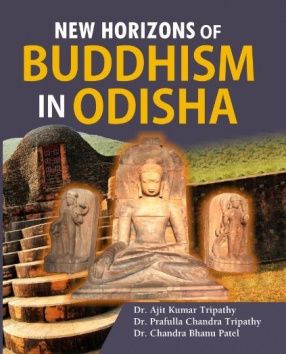
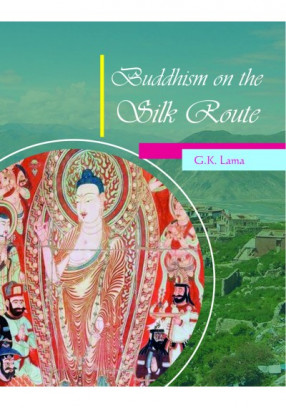
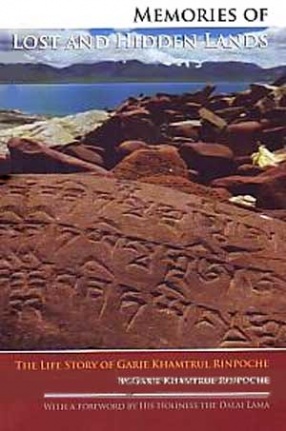
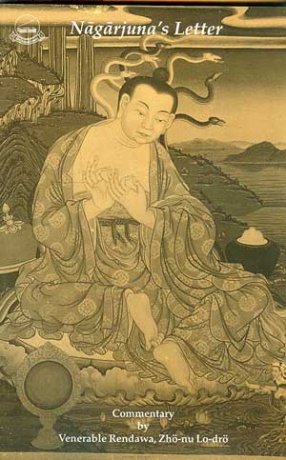
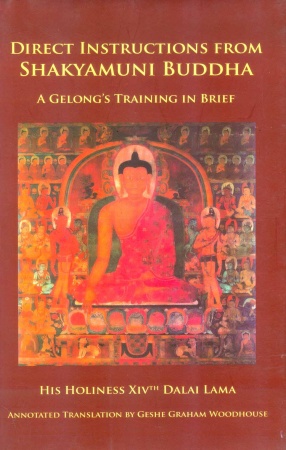

Bibliographic information
Dr. Prafulla Chandra Tripathy
Dr. Chandra Bhanu Patel